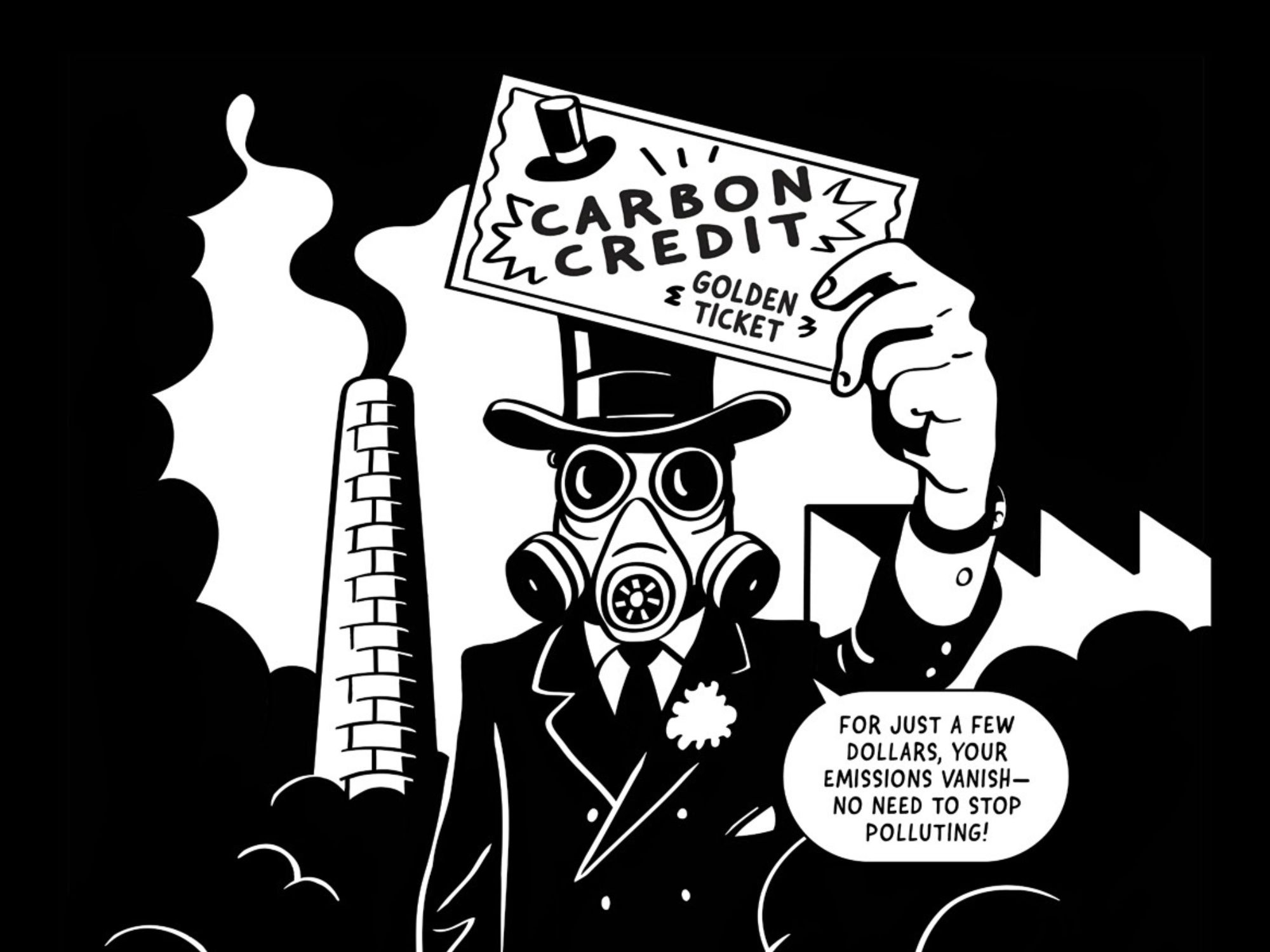In the face of rising human rights violations tied to the extraction of critical minerals and the rollout of large-scale renewable energy projects, ESCR-Net submitted a collective input to the UN Special Rapporteur on Climate Change. Developed by our Environment and ESCR and Corporate Accountability Working Groups, the submission calls for a just transition—one that centers the rights of frontline communities and challenges corporate-driven approaches to climate action.
As the world races to transition away from fossil fuels, a disturbing reality is unfolding: the extraction of so-called “critical minerals” and the deployment of large-scale renewable energy projects are driving land grabs, forced displacement, and environmental destruction—particularly in the Global South.
Drawing from the lived realities of our members across Latin America, Africa, Asia, and beyond, this submission exposes how Indigenous Peoples, women, and rural communities are bearing the brunt of a transition that often replicates colonial patterns of exploitation. From lithium mining in the Atacama Desert (South America) to deep-sea mining in the Indian Ocean, and from graphite extraction in Tanzania to nickel operations in Indonesia, communities are being dispossessed in the name of “climate solutions”.
The submission draws on a powerful array of real-world cases that demonstrate how the global energy transition, as currently pursued, is reproducing extractivist and colonial dynamics. In Latin America, lithium extraction in Argentina, Bolivia, and Chile—the so-called “Lithium Triangle”—has deeply impacted Indigenous Atacameño communities and ecosystems, sparking legal battles over the right to Free, Prior, and Informed Consent. In Zimbabwe, communities have faced forced relocations, water contamination, and labor abuses linked to lithium mining, while in the Democratic Republic of Congo, children continue to work under hazardous conditions in cobalt and coltan mines. In Senegal, phosphate and mineral sands extraction by foreign companies has displaced farming communities and jeopardized local food systems.
Across Asia and the Pacific, the pattern repeats. In Indonesia, nickel mining has brought widespread human rights violations to Indigenous Hongana Manyawa lands, while destructive hydropower projects in Kalimantan have eroded environmental and social protections. In Tanzania and Sri Lanka, graphite extraction has triggered displacement, pollution, and repression of those resisting. From the Didipio mine in the Philippines to rare-earth mining in Laos, communities have suffered land grabs, criminalization, and state violence. Meanwhile, deep-sea mining threatens marine ecosystems in the Indian Ocean and Pacific Islands, prompting regional moratoriums in countries like Fiji, Vanuatu, and New Zealand. Even the European Union is implicated through policies like the Critical Raw Materials Act, which facilitates extractive deals with Global South nations without adequate human rights or environmental safeguards. These cases together paint a stark picture of a transition driven not by justice, but by unchecked corporate and geopolitical interests.
The submission highlights:
- Massive rights violations associated with “green” energy projects—from child labor in DRC cobalt mines to the displacement of Maasai pastoralists in Kenya.
- The regulatory failures of States and international institutions, which have allowed corporate violations and abuses to flourish with impunity.
- The urgent need to center human rights, Indigenous sovereignty, and the rights of nature in every step of the global energy transition.
We argue that a just and equitable transition is not possible without confronting corporate capture, strengthening international accountability mechanisms, holding the wealthy countries and global polluters accountable for their climate debt, and ensuring that frontline communities—not corporations—lead the path forward.
This submission outlines clear pathways toward a just energy transition—grounded in human rights, Indigenous sovereignty, corporate accountability, and community-led solutions. It calls on States and international institutions to take urgent action to align climate policies with justice, equity, and the lived realities of those on the frontlines.


